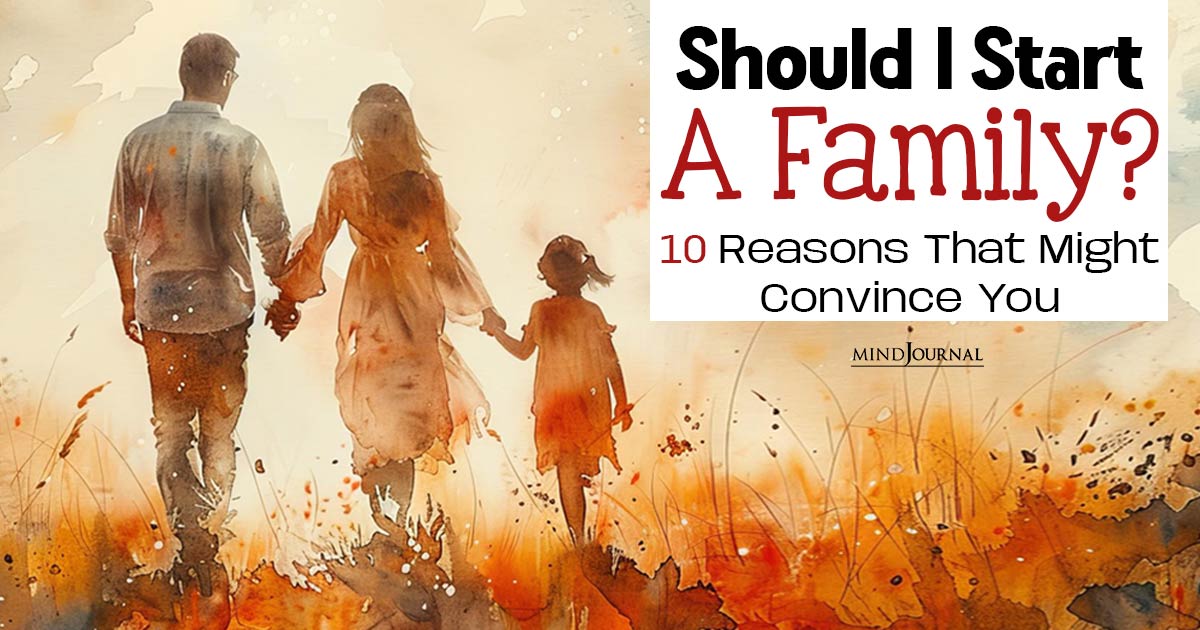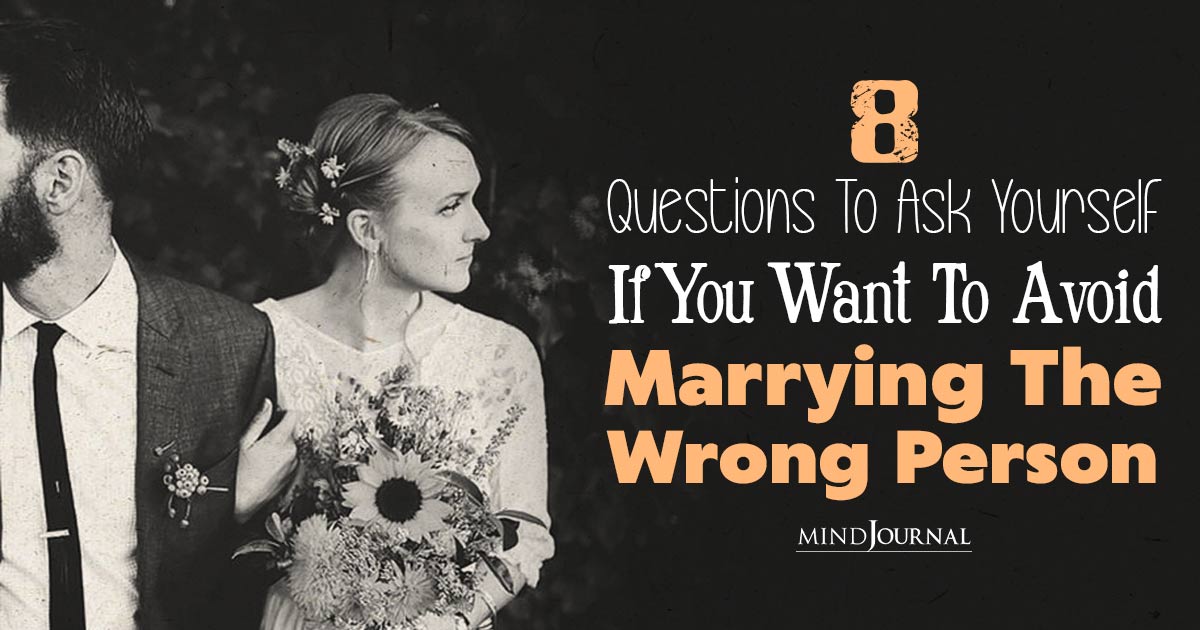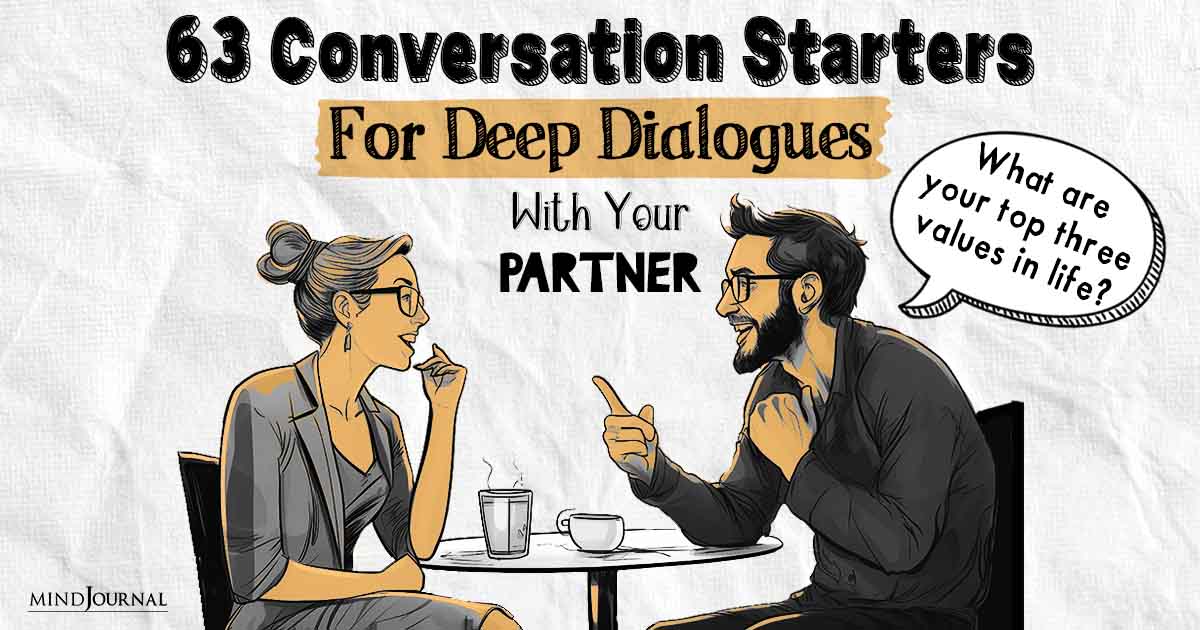If you are in a committed relationship, there must have been a lot of times when you have felt like running away when your partner is behaving in a negative way. However, running away from problems is a temporary solution and if you constantly indulge in that, the future of your relationship is doomed.
Negative emotions and negative situations are very common in relationships, but necessary sometimes. Through these negative emotions, you can find ways to strengthen your relationship and also build more trust between yourselves.
When I work with couples, it’s not uncommon for one partner to say, “I can’t handle my partner’s anger,” or “Her crying overwhelms me, I don’t know what to do.”
The other partner expresses, “He never listens to me,” or “She never cares about my life.”
Read 4 Ways To Cope With Negative Emotions
The problem here is that an emotionally dismissive response blocks emotional connection, and over time, erodes trust, the foundation of a happy and positive relationship.
“It is not a person or situation that affects your life; it is the meaning you give to that person or situation, which influences your emotions and actions. Your choice is to change the meaning you gave it or to change your response, in order to create the outcome you want.”
―
In their latest book, The Science of Couples and Family Therapy, Drs. John and Julie Gottman show that the couples who have high levels of trust and commitment to one another have longer and happier relationships.
When dealing with conflict, these trusting couples show affection and care for one another. They support each other’s emotional realities by turning towards each other when they are hurting.
A former student of Dr. Gottman, Dan Yoshimoto, discovered that people in emotionally connected relationships had the ability to be emotionally accepting and calm when their partner was upset, even if their partner’s anger or sadness was about something they did. (1)
Essentially these masters of relationships attune to one another’s pain, rather than dismissing it.
Attunement is listening with compassion to your partner’s hurt. When a partner listens with an open heart, tenderness, and care, the upset partner feels accepted, safe, and loved. Even more importantly, this behavior builds trust, the backbone of intimacy.
As Drs. John and Julie Gottman explain these partners express, “How you fare in this world is as important to me as how I fare in this world. I’ve got your back.”
How Do You Respond To Negative Emotions?
When faced with difficult emotions from our partners, we have three choices: To turn towards them, against, or away. The first choice builds trust and emotional connection; the latter two disconnect a couple and can lead to escalating conflict.
1. By turning towards and attuning to your partner in times of pain you emotionally coach your partner through their feelings. This support enhances your relationship and your partner’s well-being.
2. By turning against or away, you dismiss your partner’s feelings, which can make them even more hurt and upset. This response may not be due to a lack of caring, but rather a result of different emotional blueprints.
Read How To Turn Your Painful Emotions Into Superpowers
Your Emotional Blueprint
Too often I see partners diagnose each other:
- “He is all logic and cold as a brick wall.”
- “She is so emotional it’s like being around a tornado. No one is safe.”
What if instead of being certain of our partner’s emotional “deficits” we became curious about why each of us reacts in different ways.
After all, we develop our emotional intelligence through experiences that teach us how to be emotional. These lessons come from culture, friends, and family.
As a male, I learned that I could only express sadness if I covered it up with anger. As a result, I cut off parts of my emotional self just to fit in. This blocked me from connecting with a partner who was sad.
“A clear understanding of negative emotions dismisses them.” – Vernon Howard
I remember my partner crying her eyes out and I felt frozen in fear. I had no clue how to comfort her. Here she was, pouring her heart out next to me, and I felt disconnected and numb.
The Complexity Of Emotions
All of us have different experiences around emotions. Some of us love a surprise birthday party. Others hate it. Why the difference?
Take a look at your history of a particular emotion.
For the partner who loves surprises, they likely have had positive experiences such as being given a surprise gift or being offered their favorite ice cream after dinner.
For the person who hates surprises, a surprise could recall reacting to their mother’s explosive anger. This person wasn’t sure when their parents would go off and so surprises bring back the fear associated with the times they were surprised by their parent’s volatility.
What angers us in another person is more often than not an unhealed aspect of ourselves. If we had already resolved that particular issue, we would not be irritated by its reflection back to us.” – Simon Fuller
We not only learn how to express certain emotions (or not express them) in our childhood but also how to respond to those emotions. We assign different meanings to emotions, such as believing that anger is healthy, or anger must be avoided.
Here are some emotional rules that I learned growing up:
- Fear meant you were a “baby.”
- Anger means you’re “out of control.”
- Sadness means you’re not grateful enough.
Over time these rules become our emotional blueprint for coping with our own emotions and the emotions of others. For those of us who learned that negative emotions are bad, we may become, as Dr. Gottman describes, the “self-reliant problem solver who avoids feelings.”
As Brené Brown says, “We can’t selectively numb emotions; when we numb the painful emotions, we also numb the positive emotions.” Yoshimoto’s research found that partners who were emotionally dismissive of difficult emotions also felt uncomfortable with uninhibited expressions of affection, praise, and care.
Read 6 Science-Based Tips To Control Your Emotions
Why Can’t Everyone Just Be Happy?
Have you ever felt sad about something and then judged yourself for feeling sad? Almost like, “I shouldn’t be sad, I have so much to be grateful for.”
Emotions are complex. Not only do we have feelings, but we also have feelings about our feelings. Psychology calls this meta-emotion.
Dr. Susan David surveyed over 100,000 people and discovered that 33% of us judge ourselves for feeling “bad emotions.”
Western culture has taken a stance that natural human emotions are either good or bad. People believe that they can “choose” to be happy over being sad, calm over being angry. And so, we bottle up our “bad” feelings and pretend they aren’t there.
To maintain this stance, we treat our lovers and children the same way.
As Dr. David mentions in her TEDTalk, “Research now shows that radical acceptance of all of our emotions – even the messy, difficult ones – is the cornerstone to resilience, thriving, and true, authentic happiness.”
In my own interview with Dr. David, she remarked that our emotions are directors, not dictators of our lives. Within our difficult emotions lie the secrets to what we value and care about. And when we understand our values, our emotions can lead us to create a more meaningful life.
Building Your Emotional Intelligence
When people have limited expression of emotions, it can negatively affect the emotional connection and stunt open and honest communication in a relationship.
This undeveloped emotional intelligence is not much different than having a strong vocabulary. With few words to describe something, people are constrained by the language of their emotions which inhibits the capacity to cultivate emotionally rich and rewarding intimate relationships.
Psychoanalyst Rollo May suggests that the “[emotionally] mature person becomes able to differentiate feelings into as many nuances, strong and passionate experiences, or delicate and sensitive ones.”
Someone who has many different expressions of anger such as irritation, annoyance, or hostility, has a larger spectrum to understand and express themselves to others. Further, this enables the ability to recognize these different feelings in their partner and encourage the expression of those feelings, thus building trust and intimacy.
“When awareness is brought to an emotion, power is brought to your life.” – Tara Meyer Robson
If you’d like to improve your emotional intelligence, download my guide, “Identifying Your Feelings,” below.
Read 16 Signs Of Low Emotional Intelligence
The 3 Steps For Connecting Over “Bad” Emotions
As a listener, you can:
1. Calm Yourself:
If you find yourself feeling overwhelmed by your partner’s pain, tell yourself that it’s important that you listen. It’s also valuable to remind yourself that you are not responsible for your partner’s happiness or their problems. Rather you are responsible for listening to their problems, which more often than not leads your partner to solve their own problem. Note: if the issue is about you, read this.
2. Seek to Understand without Judgement:
Problem-solving is only productive after your partner feels completely understood. You can do this by asking open-ended questions and statements that let your partner know that their feelings matter and that you care. Here are four examples:
- “Tell me everything about this feeling.”
- “I want to know how you’re seeing this.”
- “What was that like for you?”
- “This is important. Can you tell me more?”
3. Empathize:
Paraphrase back what your partner has said and done your best to feel how they feel about this issue. This demonstrates that you honor and understand their experiences.
“When you show deep empathy toward others, their defensive energy goes down, and positive energy replaces it. That’s when you can get more creative in solving problems.” – Stephen Covey
For example:
1. Your partner: “You should have been on the phone when my mother was talking to me. She is such a witch. Ugh. I can’t stand her.”
2. You: “It sounds like what she said really angered you. I can totally understand that. She can be harsh sometimes.”
Listening to Sadness
Crying about something tends to mean your partner has felt like they lost something meaningful. When your partner is sad, don’t try to cheer them up. Instead ask them, “What are those tears about?”
Listening to Anger
Don’t ever tell your partner to calm down. This dismissing statement backfires. Anger can be a protector of deeper feelings or a reaction to feeling blocked in some way. You can say, “I want to understand what this anger is about, this feels important.”
Listening to Fear
Don’t dismiss your partner’s fear. Instead ask, “What is so scary about this? Can you help me understand?”
Read How To Fully Release Difficult Emotions That Hold You Back
Self-Edit What You Say Without Editing Feelings
If you’re the partner who is expressing your “bad” emotions, focus on putting your feelings into words and vulnerably sharing what the event meant about you as a person, lover, parent, worker, etc.
It will become impossible for your partner to connect with you over negative emotions if you criticize and attack them. You too have a responsibility in connecting with your listener by choosing how you say something.
What Do Emotions Mean To You?
When couples feel disconnected over their emotions, I encourage them to explore each other’s past and present, and experiences in the relationship. When partners do this well, they get a map of their partner’s emotional inner world with the laws they created to survive their childhood. Once partners understand this, they can begin constructing a shared emotional culture that deepens their emotional connection.
Read The Effects Of Negative Emotions On Our Health
Giving The Gift Of Attunement
Being there for your partner when they are upset is one of the best gifts you can give them.
It may be difficult to listen to your partner’s negative feelings such as sadness, anger, disappointment, or fear, especially if it’s directed at you, but it is valuable.
“Taking responsibility—even for a small part of the problem in communication—presents the opportunity for great repair.”―
Negative emotions are like knights protecting the castle around your partner’s heart. If you can get past them by being kind and gentle, you’ll get to see the heart of your partner and learn how to love them better.
The goal is for you and your partner to feel comfortable expressing negative emotions in ways that allow both of you to listen without feeling attacked. That way the message on how to love each other better can create healing rather than injury.
Acknowledging negative emotions, tackling them and resolving them is the best way to build a strong and unbreakable bond. If you can show your partner that you will always have their back, they will feel safe and loved. After all, it really doesn’t take a lot to show someone how important they are to you.
With love,
Kyle Benson
Written by Kyle Benson
Originally appeared in Kyle Benson











Leave a Reply